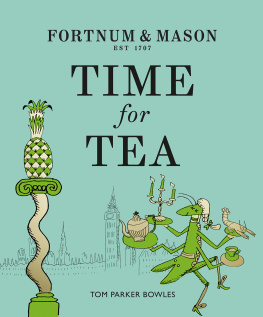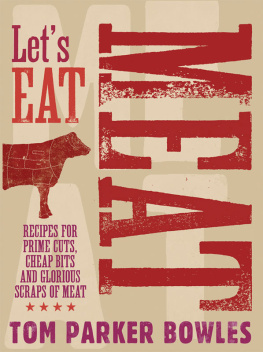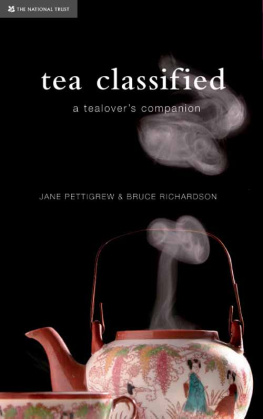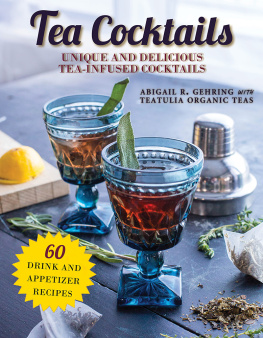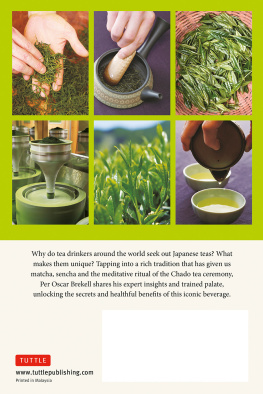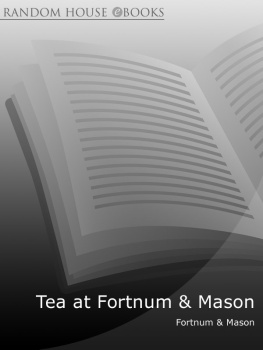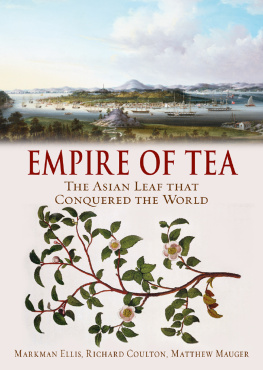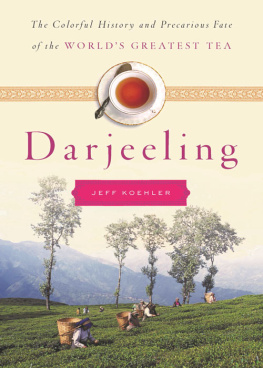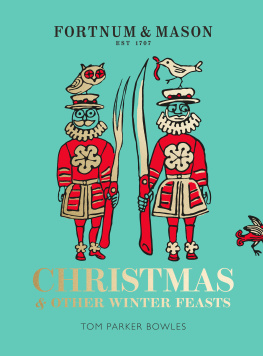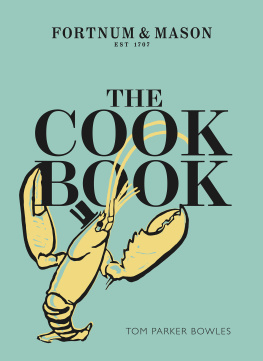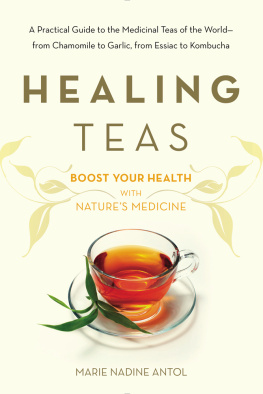4th Estate
An imprint of HarperCollins Publishers
1 London Bridge Street
London SE1 9GF
www.4thestate.co.uk
HarperCollins Publishers
1st Floor, Watermarque Building, Ringsend Road
Dublin 4, Ireland
This eBook first published in Great Britain by 4th Estate in 2021
Copyright Fortnum & Mason 2021
All photographs David Loftus 2021
Illustrations Zebedee Helm 2021
Design by Luke Bird
Cover design by Julian Humphries
The right of Fortnum & Mason Plc to be identified as the author of this work has been
asserted by them in accordance with the Copyright, Design and Patents Act 1988
Excerpt from Caitlin Moran: tea v coffee reproduced by permission of The Sunday
Times/News Licensing
Excerpt from Mr Stinkby David Walliams reproduced by permission of the author
A catalogue record for this book is available from the British Library
All rights reserved under International and Pan-American Copyright Conventions. By payment of the required fees, you have been granted the non-exclusive, non-transferable right to access and read the text of this e-book on-screen. No part of this text may be reproduced, transmitted, down-loaded, decompiled, reverse engineered, or stored in or introduced into any information storage and retrieval system, in any form or by any means, whether electronic or mechanical, now known or hereinafter invented, without the express written permission of HarperCollins
Source ISBN: 9780008387105
Ebook Edition April 2021 ISBN: 9780008387112
Version: 2021-03-18
In recognition of Ewan Venters achievements as well as to the ladies and gentlemen, past, present and future, involved in the production of tea.
Contents
Ah, tea. Both soothing and uplifting, a salve and a sharpener, the morning jolt and the evenings end. Its not so much mere drink as national obsession, a fragrant religion, sippable meditation, succour in a cup. Unashamedly democratic too, poured from silver tea pots and battered urns alike.
Wouldnt it be dreadful to live in a country where they didnt have tea, sang Nol Coward, echoing the thoughts of a nation. George Orwell agreed. One of the mainstays of civilisation in this country, he mused. Because tea unites this country. And divides it, too. Bag or loose leaf? A chipped mug of Builders? Or a bone-china cup of first-flush Darjeeling? Which goes first, the tea or the milk? (If you take milk at all.) Sugar, honey? Or lemon? Or naked and unadorned? Oh, the agony of choice. And teas not just a cup of char. Rather afternoon tea, a meal in itself, a glorious tradition, one of Britains most enduring culinary gifts to the world. Cucumber sandwiches, scones with clotted cream and jam, chocolate cake and crumpets drenched in butter. As Henry James said, There are few hours in life more agreeable than the hour dedicated to the ceremony known as afternoon tea. And then theres High Tea, a feast unto itself, where savoury is the order of the day. Washed down, of course, with lashings of tea.
Now the history of tea is not exactly pure as filtered water by any stretch of the imagination. Its closely entwined with empire, colonialism, greed, injustice and war. The East India Company, one of the first major importers of tea, was rapacious, immoral and almost entirely unregulated. In writing about tea, we acknowledge all this. But this book is primarily a guide to choosing, making, drinking and cooking with tea. If you want to find out more about the historical background, please see the Bibliography at the end.
Fortnum & Mason, though, has a bit of experience when it comes to the leaves of the old Camellia sinensis. Three centuries, to be precise. Despite tea being so stained into our national history that one imagines Boudicca swigging it while bashing the Roman invader, it only reached these shores in the middle of the seventeenth century. And at 25 shillings a pound, was expensive enough to be locked away in tea caddies (with the key held by the lady of the house), making it an exclusively aristocratic tipple. Nowadays, though, its the most widely consumed drink, after water, in the world.

